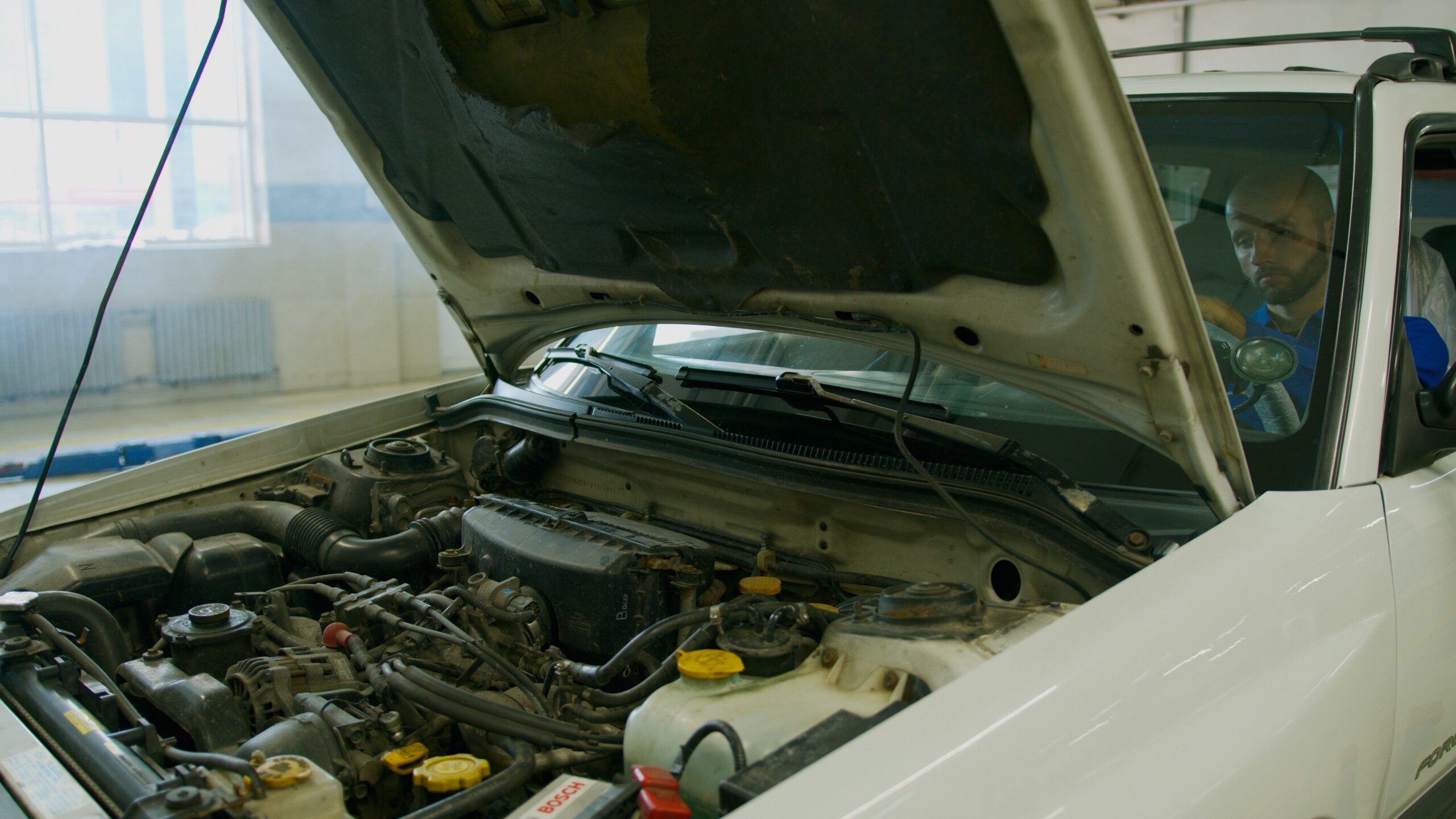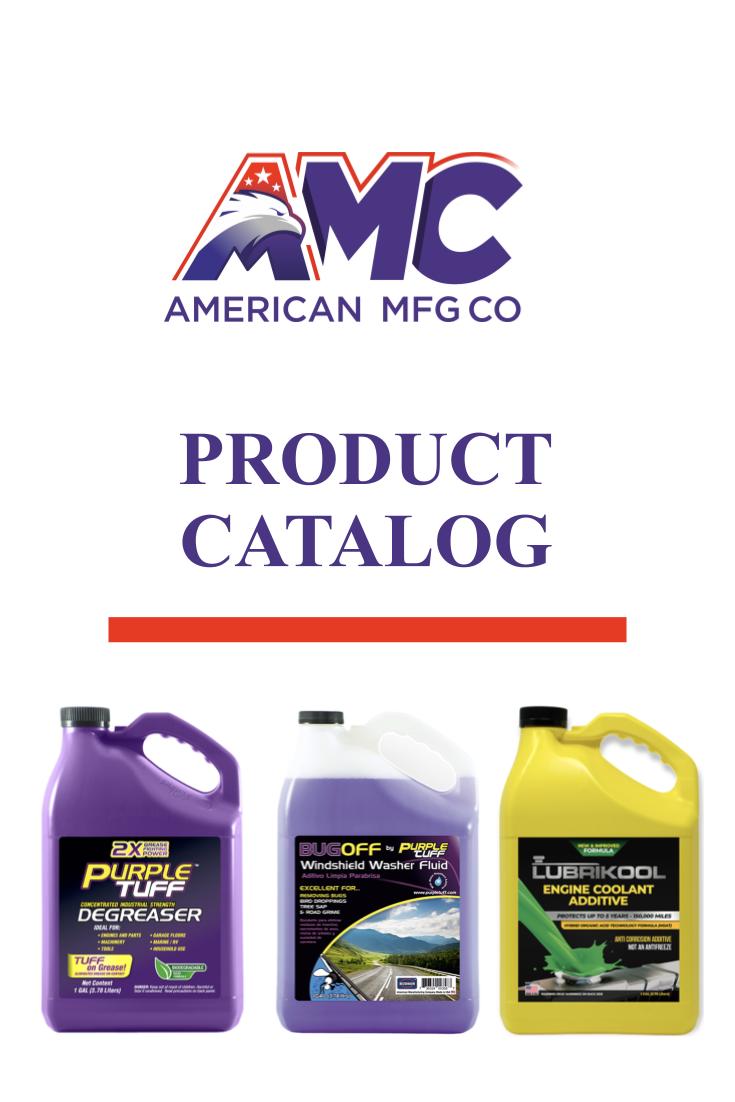Blog
Without Coolant, There’s No Car: Symptoms and Dangers of an Overheated Engine

You’re speeding down the highway, revving your 3-liter engine, and the roar of your exhaust brings a smile to your face. But what you may not realize is that beneath that roar lurks the whisper of an overheated and worn-out engine. The question is: are you aware of the dangers of an overheated engine?
The engine is the heart of your vehicle. If it’s not running optimally, your driving experience suffers. If this is the case, you should prioritize its maintenance above anything else in the car. Pushing your engine to 120 km/h under scorching heat will only demand more cooling. This is where the radiator comes in, helping your engine run smoothly and efficiently.
The radiator needs coolant to function properly and should be checked regularly. However, for those who aren’t car enthusiasts, monitoring radiator levels might seem tedious.
Let’s see if you think the same after reading the following symptoms that indicate your engine might be overheating due to neglected coolant.
Hot Hood
Feel the hood with your hand—if it’s so hot you could fry an egg on it, it’s probably time to check your coolant levels.
Dashboard Warnings
The first signs are usually the warning lights flashing on your dashboard. Your engine is sending an SOS: “Hey, buddy, I’ve got a situation here!” The temperature gauge may be higher than normal. Overheating can result from various issues, such as a broken water pump, a cracked or leaking reservoir, or even permanent engine damage. If you can’t pinpoint the cause, consult a professional.
“Tick-Tick” Noise
Pay attention to unusual sounds from the engine. This noise indicates that engine components are running dry. When engine oil overheats, it loses viscosity and lubricating properties. Dry components increase friction, causing internal engine damage. Neglecting radiator coolant can accelerate wear and tear.
Coolant Leaks
If you see puddles under your car or coolant dripping from the system, it indicates that the coolant has boiled over and pressure has been released.
Reduced Engine Performance
Overheating can decrease your car’s power. If you notice diminished performance, check for unusual smells and the hood temperature. Always let the engine cool before inspecting, as checking coolant levels while the engine is hot can cause severe burns.
Dangers of Driving with an Overheated Engine
- Broken Hoses: Boiling coolant expands, increasing pressure and potentially dislodging hoses. Leaking coolant can corrode and damage sensitive engine components.
- Blown Head Gasket: One of the biggest risks. Coolant and oil mix, forming a corrosive solution. A symptom is white smoke from the engine.
- Compromised Cylinder Heads: Aluminum heads can warp under extreme heat. Overheating without coolant can deform cylinders, and sensors, belts, and wires may also be at risk.
- Damaged Pistons: Metal expands under heat. Maintaining a safe temperature range allows pistons to function freely. Any abnormal variation can damage them and the engine.
Ignoring an overheated engine can also hit your wallet hard. The money saved could be invested in other car improvements, like windshield washer fluid—a detergent-based liquid that prevents stains and grime buildup on your windshield.
Cool Your Car
Engine coolant and automotive refrigerants are essential for keeping your engine healthy and running smoothly. You’ll be thrilled to hear your engine roar down the highway at its designed performance.
Choose American MFG to get the best out of your car with premium maintenance products, including refrigerants and coolants. Avoid the dangers of an overheated engine by using top-quality products.
Grab your keys and wallet—place your order now!




